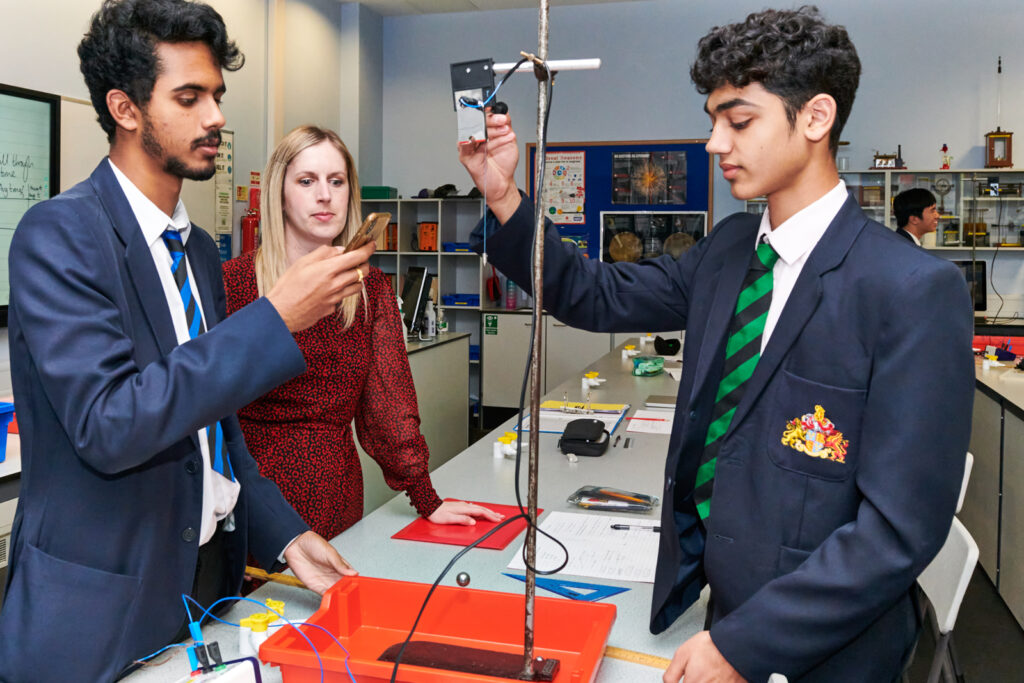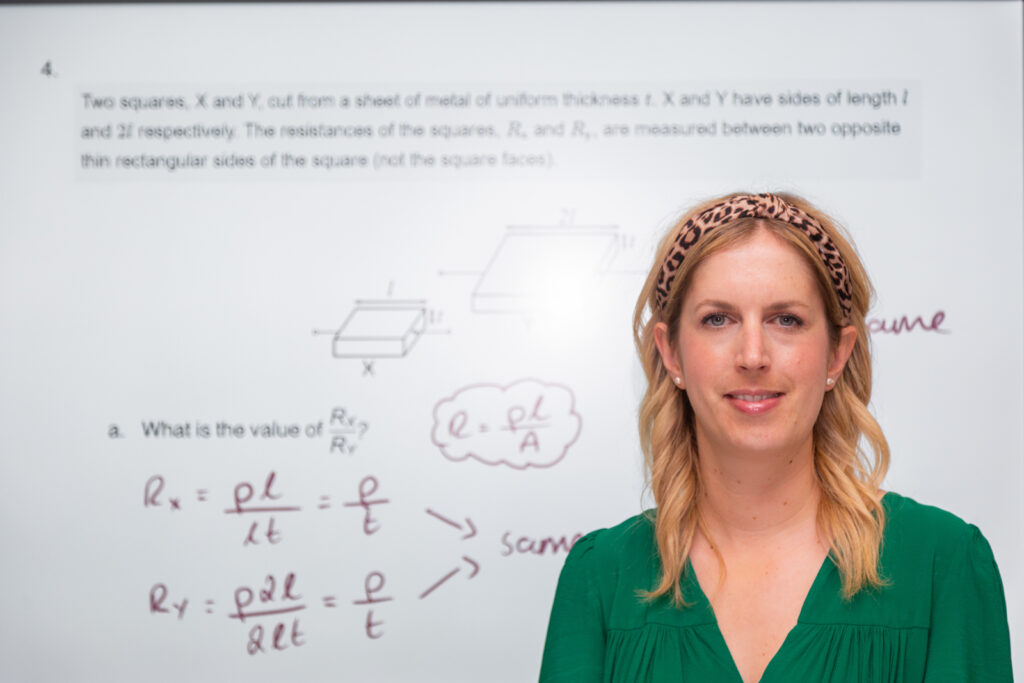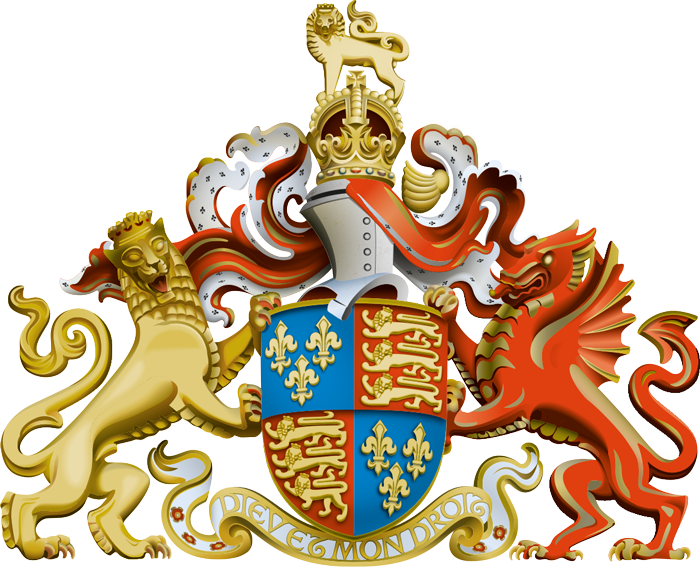Physics

Physics is the scientific study of the natural world at all scales, ranging from subatomic particles to super-clusters of galaxies.
It is a fascinating and rewarding subject for those prepared to accept its intellectual challenge.
The department provides a rich curriculum, which is studied in well-resourced laboratories using modern techniques, such as computer simulations, data logging and data analysis software. Practical work is an essential part of the subject in all years.
Following the first year of general Science, which focuses on practical skills, Year 8 Physics begins with an introductory course based around the topics of forces and motion, energy, and astronomy. At the end of the year, boys have the opportunity to enter an astronomy essay competition.
All students study the Edexcel IGCSE course, which provides a comprehensive and stimulating science education, as well as good preparation for more advanced Physics courses.
Topics studied for IGCSE include: forces and motion; electricity; waves; energy resources and energy transfers; solids, liquids and gases; magnetism and electromagnetism; radioactivity and particles; and astrophysics.
Physics is the scientific study of the natural world at all scales, ranging from subatomic particles to supercluster galaxies. It attempts to explain the workings of all aspects of the Universe, both large and small, allowing pupils to explore conceptual ideas about how the world works and facilitates the development of their analytical, problem-solving and experimental skills.
Pupils will cover a variety of topics throughout the two-year course. Some topics will build upon knowledge from the GCSE syllabus, whilst others will be new to them.
Core topics include:
- Particles and radiation
- Further mechanics and thermal physics
- Waves
- Fields and their consequences
- Mechanics and materials
- Nuclear physics
- Electricity
- Measurements and their error.
In the Sixth Form students have the option of studying Physics at Higher Level and Astronomy at Standard Level. Physics Higher Level is essential for future study in physics or engineering, but provides good preparation for any discipline in which the ability to reduce a problem to its essentials is important. It is recommended that Physics Higher Level is studied alongside Maths Higher Level due to the mathematical demand of the course.
Physics Higher Level is centred around five main concepts:
- Space, time and motion
- The particulate nature of matter
- Wave behaviour
- Fields
- Nuclear and quantum physics
Students have the opportunity to study the world from the smallest to the largest-scale, developing their problem solving and practical skills as they do so.
Astronomy Standard Level allows students to pursue their interest in the large scale universe and centres around the four topics of stars, the planets, galaxies and cosmology. This course can be studied alone or alongside Physics Higher Level.
Future careers
Studying physics opens up a world of exciting and diverse career opportunities. With a solid foundation in physics, you could pursue a path as a research scientist, delving into cutting-edge areas like quantum computing, astrophysics, or nanotechnology. Alternatively, you might find your calling as an engineer, designing innovative technologies in fields such as renewable energy, aerospace, or medical imaging.
Physics graduates are also well-equipped for roles in data science and artificial intelligence, leveraging their analytical skills to solve complex problems in various industries. Communication and teaching positions are another avenue, where you can share your passion for physics as a science communicator, educator, or even a science writer. Ultimately, studying physics equips you with a versatile skill set that can lead to a future full of discovery, innovation, and meaningful contributions to our ever-evolving world.
Beyond the classroom
Students are offered a variety of opportunities to engage with physics beyond the classroom. There is a STEM club for the younger year groups that is supported by volunteers studying physics in the Sixth Form. In this club students have the opportunity to build robots, look at stars and launch rockets. There are external competitions run by the Physics Olympiad for students in the GCSE years and Sixth Form to participate in from the Junior Physics Challenge in Year 10 to the Physics Olympiad in Year 13. Students regularly achieve Gold, Silver and Bronze awards in these competitions and are happy to challenge themselves with more advanced problems in these competitions.
The University of Birmingham is ideally placed for boys to attend talks and masterclasses; the Institute of Physics regularly holds public lectures there that students attend. Sixth Form physicists also have the opportunity to attend a week-long Particle Physics Summer School at the European Council for Nuclear Research (CERN) in Geneva. We also encourage students to apply for university experience courses, for example through the Engineering Development Trust.
Meet the Head of Department
Miss Connelly
As Miss Connelly began her A Level studies, she was certain of her path: she was going to study mathematics. It was her passion, and a Mathematics degree was her future. She also studied physics, as it was the next mathematical subject she could study and a perfect companion to mathematics. However, upon exploring physics beyond GCSE, she discovered a new passion. Physics allowed her to take her mathematical knowledge and apply it to solving problems across the full scale of the universe, from the smallest particles to the largest galaxies. She was hooked, and a degree in Physics with Astrophysics followed. A career in teaching was born from her desire to share her passion for physics with as many people as possible and hopefully inspire future generations to study this fascinating subject.



